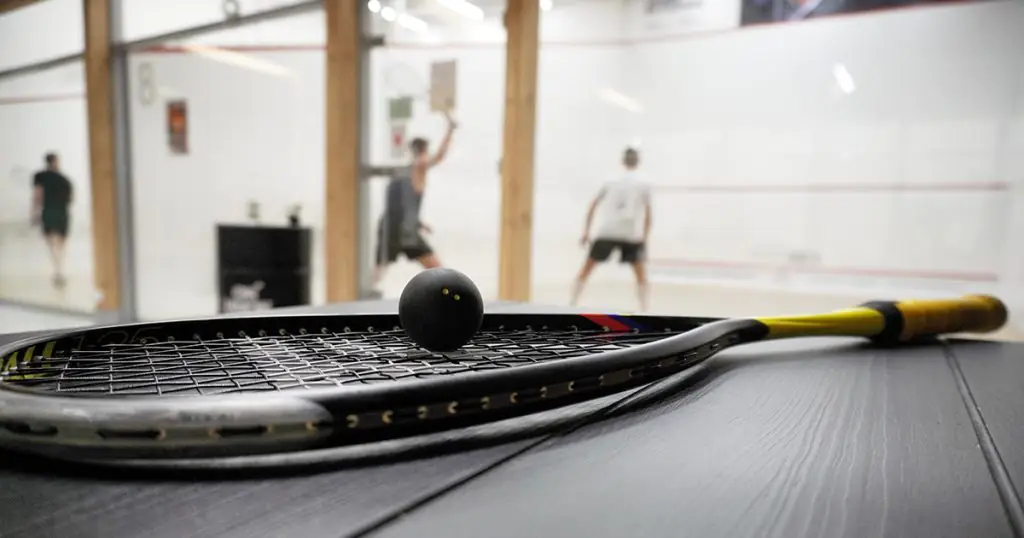27 May, 2022

At Harrison Pensa, Articling Students have wide latitude to deal with a variety of important responsibilities. One such responsibility is attending court on behalf of clients and lawyers. The COVID-19 pandemic caused the suspension of in-person court hearings with matters resuming via Zoom. My experience attending court as an Articling Student was entirely virtual appearances.
These are my experiences attending virtual court as an Articling Student.
Civil Motions Court
Civil Motions Court is held every Friday morning in London. If a lawyer needs to request that a judge make an order, we do this at motions court. For example, the lawyer may need to amend the pleadings, obtain third-party disclosure, or seek default judgment against a defendant who has not responded to a claim. A judge hears these motions and makes an order either granting or denying the request.
Motions took place at the London Courthouse before the pandemic. You trot over to the court and gather with the lawyers and Articling Students who also had motions. Matters are generally heard on a seniority basis, so Articling Students usually go last. When it was your turn, you would stand before a judge and make your submissions. If the judge granted your motion, they would sign the order right there, and you’d be on your way.
The motions court process is much different now, and it’s unlikely to change anytime soon. Motions court is now conducted via Zoom. Just before 10:00am, you log into the Zoom link provided by the court, your camera and microphone muted, and patiently wait for your turn. The Registrar generally calls matters in order of appearance on the court docket.
Driving
Before virtual court appearances, students would spend quite a bit of time driving across Southwestern Ontario to appear at settlement conferences, motions, hearings, and other proceedings. Virtual court has eliminated the need for travel because everything is online, making overlap more possible.
For example, let’s say you are scheduled to appear in Civil Motions Court in London at 10:00am, but you also had a settlement conference in the Ottawa Small Claims Court at noon. Before virtual court, unless you had a Time-Turner it would have been impossible to attend both. Now, appearing before the court in London and Ottawa within a few hours of each other is completely doable.
Enhanced appearance opportunities
The Law Society released new Rights of Appearance for law students, which has recently come into effect. In short, law students can generally appear before the courts in limited circumstances; however, several new appearance rights have been added, in part an effect of the pandemic.
The pandemic has caused a huge backlog in the court system. Allowing law students to appear before the court to speak to more matters has pushed matters along and expedites the process. If lawyers have more than one matter scheduled at a similar time, Articling Students can appear on their behalf, which prevents the matter from being adjourned to another date.
As part of the Family Law Pilot Project, which launched in January 2022, law students can now appear in Family Court with respect to several family law matters without advanced permission. For example, law students may now appear on their own to speak to Rule 14B motions, case conferences, and contested adjournments, to name a few. I had a few weeks during my Articles where I appeared in Family Court almost every day!
Tips for virtual court appearances
Remember, while virtual court appearances may seem much more informal and laid-back, the fact remains that you are still appearing in court. So how can you ensure you are well prepared to appear in virtual court?
- Check your surroundings: Make sure you have a neutral background behind you, and that you’re not in an area where there is heavy foot-traffic or a lot of noise. Keep yourself muted until it’s your turn to speak, because there’s nothing more distracting than excessive background noise.
- Identify yourself: The court needs to know for the record whether you are an Articling Student. In addition to always introducing myself as an Articling Student appearing on behalf of a lawyer, I have found it useful to have my name appear as: Katie Warwick, Articling Student. This lets the court know before I speak that I am an Articling Student. It’s also advisable that you appear as human, and not as a cat.
- Dress appropriately: The courts have recently reintroduced the robing requirement, meaning lawyers must now appear in virtual court in their barrister robes; however, this requirement does not apply to students. As a student appearing in court, you should wear business attire. This includes a blazer that is neutral in colour (black, navy, grey, etc.) and a dress shirt. I know it’s tempting to wear sweatpants because no one can tell, but try to get into the habit of wearing exactly what you would wear in court if you were in person.
Attending court is one of the most important, and often daunting, responsibilities we have as Articling Students. Despite being virtual, my experience attending court as an Articling Student with Harrison Pensa has been an excellent resource for learning and building the confidence I will need to one day be a practicing lawyer.
Katie Warwick finished her articles at Harrison Pensa and is now an Associate with the Employment Law and Human Rights group.
Image credit: ©Studio Romantic – stock.adobe.com





